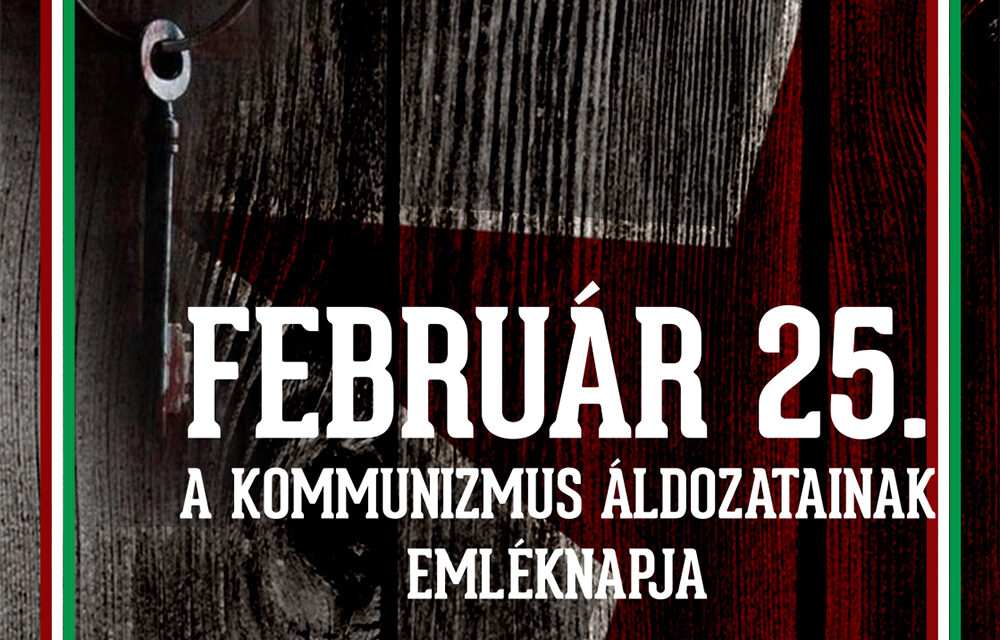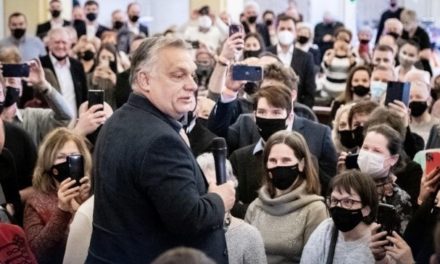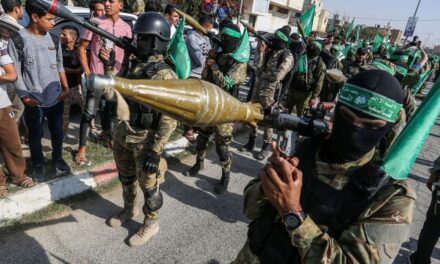We remember the tens of thousands of our compatriots who were separated from their families and dragged to forced labor camps, the people sent to the slaughterhouse based on trumped-up charges, and the heroes who were martyred as resistance fighters.
"Let's remember all the victims, let's also remember that there was a system that not only took the lives of the victims, but also took away opportunity, took away freedom, took away humanity," Fidesz wrote on its social media page on the day of remembrance for the victims of communism. According to the party, the crimes of the communist dictatorship can never be forgotten.
In 2000, the Parliament declared February 25 of every year as the day of remembrance for the victims of communism.
On this day in 1947, Béla Kovács, the secretary general of the Independent Small Farmers' Party, was illegally arrested by the occupying Soviet authorities and then dragged to the Soviet Union. The representative, deprived of his immunity, spent approximately nine years in prisons and labor camps. He died a few years after his release, in 1959, at the age of 51.
The emblematic arrest of the politician was the first stage of the planned process, during which the Communist Party moved towards the establishment of a total one-party dictatorship by eliminating those who resisted. The arbitrary detention of the smallholder representative became a symbol of the trampling of democratic rights, and well characterized the rule of the party-state regime for almost half a century.
The fate of Béla Kovács became a type of example for those who can be considered victims of communism today. The death toll of communist dictatorships is estimated at one hundred million.
In Central and Eastern Europe, their number reaches one million. That's how many people lost their lives due to starvation, in forced labor camps or during cruel executions, but the number of those who were physically and mentally crippled by the everyday reality of the dictatorship could be much higher. Victims of the system were those who were interrogated and tortured, who were stigmatized, who were excluded or imprisoned, who were persecuted because of their group, political or religious affiliation; everyone who has been deprived of the possibility of free action and choice.













